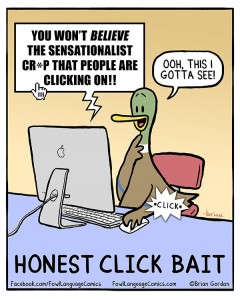As I browse through the internet on Reddit, Facebook, Quora, and Twitter, I’ve come across the term growth hacking, or growth hacker, more and more frequently. This lead me to ask myself, what is growth hacking?
It’s a term that is thrown around that refers to people (usually marketers) who use non-conventional marketing techniques to grow a business in a quick way, regardless of the way it’s done. Generally, growth hackers are different from the traditional marketers in that they use the tools available to them and this usually implies free or very low-cost options. Being a lean technique, growth hacking is a very attractive option for start-ups since it aligns with their goals: high growth rates and low cost. They (growth hackers) leverage social media well, know how to increase search engine optimization, implement a number of different tests and campaigns – similar to marketers. However, since it originated mostly with technology start-up companies (notably Facebook, Twitter, Quora, LinkedIn, YouTube, and other) most growth hackers will also know how to develop and code.
Given that growth hacking has proven so effective and successful for these companies, which were once unheard of but are now internationally known, it seems that this could be an area of expertise that is not only incredibly valuable, but also necessary for small-medium sized companies that still have a lot of room to grow. Especially if they’re on a budget. Since I’ve yet to seen “Growth Hacker” as an official role however though, I wonder if there will be more and more popping up in the coming years and if it will be promoted to an official position that start-ups and small-medium businesses start hiring for.
Source:
- http://www.quora.com/What-is-growth-hacking
